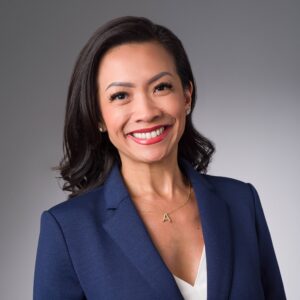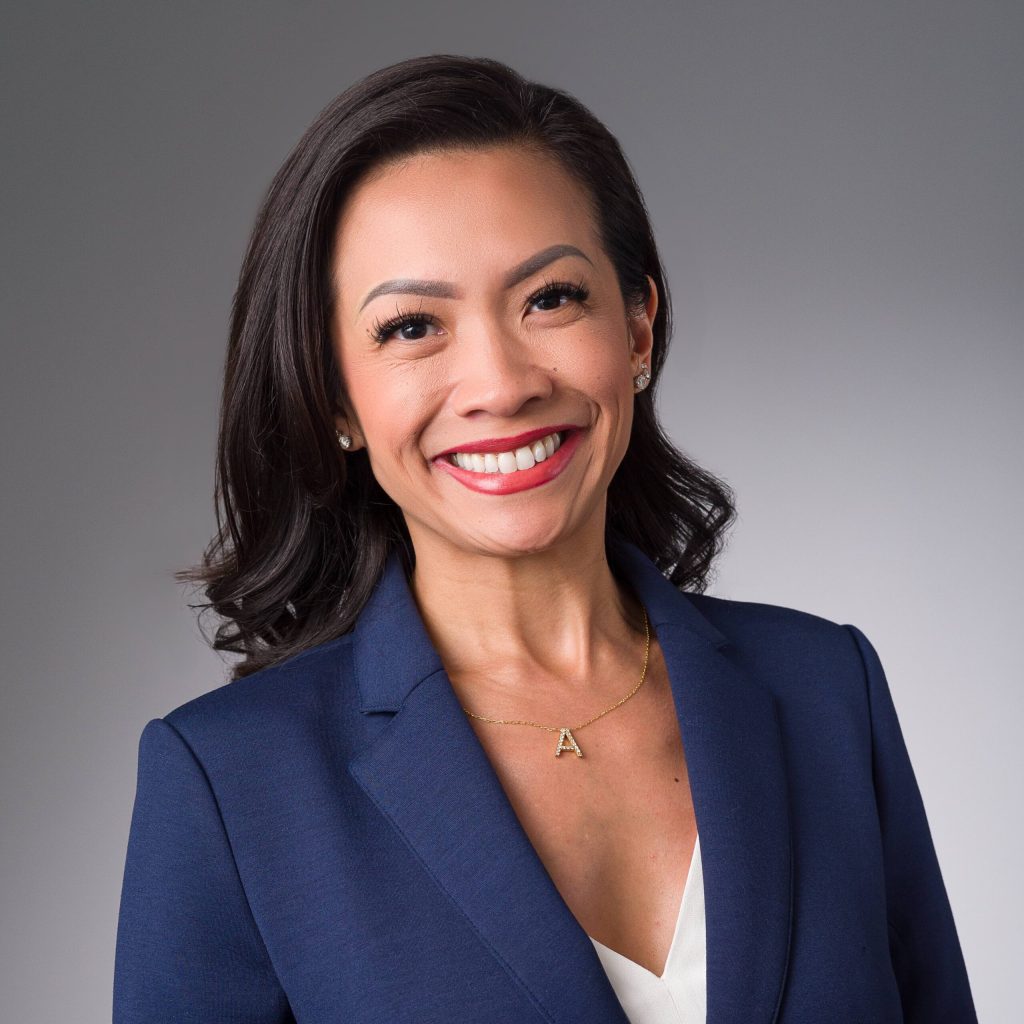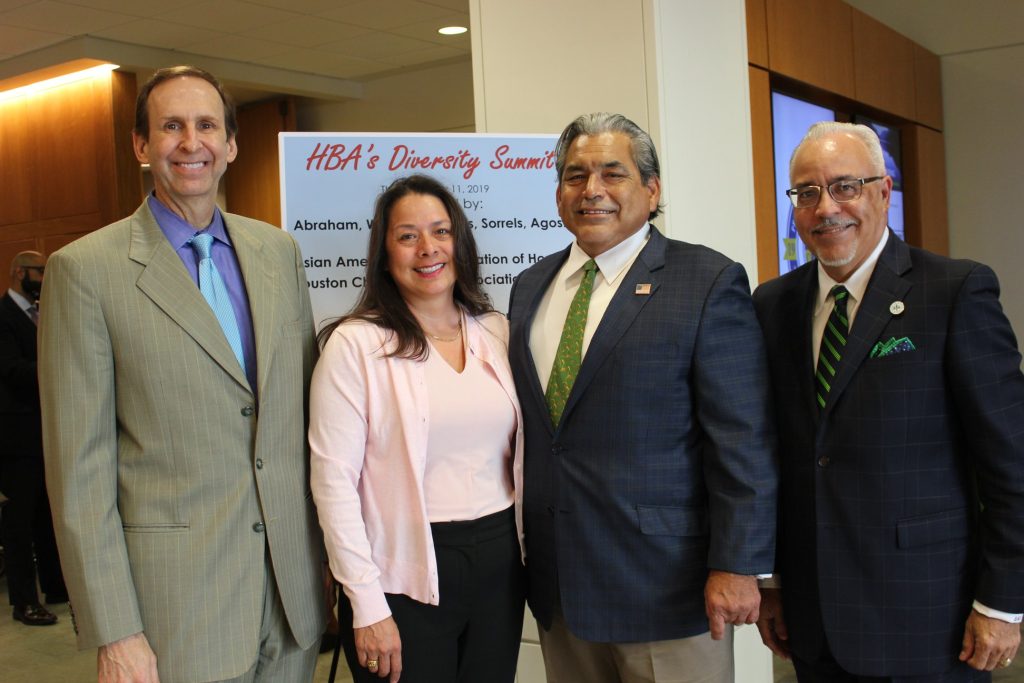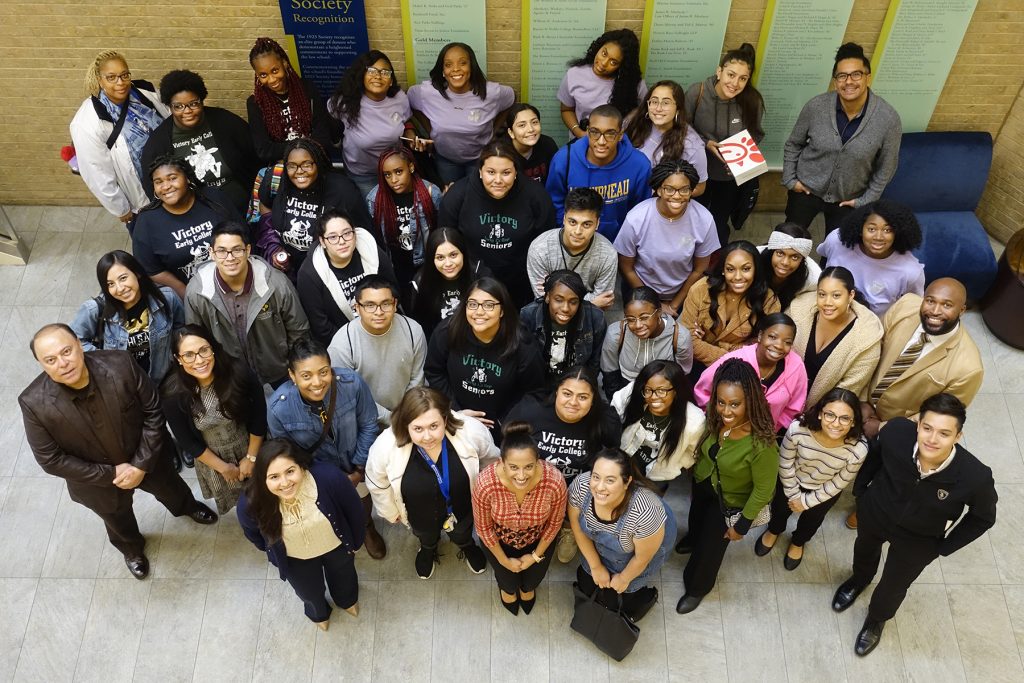 I am about to begin my third year at South Texas College of Law Houston, anticipating graduating in May 2023. I am the 2022-23 president for two student organizations — the Women’s Law Society (WLS) and the Asian Pacific American Law Students Association (APALSA). During my second (2L) year, I was the vice president for WLS and the secretary for APALSA. I am also a competitor in the Alternative Dispute Resolution (ADR) Program in the Frank Evans Center for Conflict Resolution, and I have been an active volunteer and translator in the school’s pro bono legal services program.
I am about to begin my third year at South Texas College of Law Houston, anticipating graduating in May 2023. I am the 2022-23 president for two student organizations — the Women’s Law Society (WLS) and the Asian Pacific American Law Students Association (APALSA). During my second (2L) year, I was the vice president for WLS and the secretary for APALSA. I am also a competitor in the Alternative Dispute Resolution (ADR) Program in the Frank Evans Center for Conflict Resolution, and I have been an active volunteer and translator in the school’s pro bono legal services program.
I am Houston born, Houston raised and Houston made. I attended the University of Houston, earning my undergraduate degree in marketing with a minor in Spanish.
Why did you choose to attend law school — and particularly, why South Texas College of Law Houston?
At age 4, I dreamed of becoming an advocate for justice. I dreamed of standing tall and having a voice so I could not only be heard, but also be seen. I never lost sight of that dream despite the different paths I have taken along the way. In 2019, at age 37, I finally decided to take the necessary steps to fulfill my dream.
I knew I was not leaving Houston to attend law school. I also knew I would need a flexible program to be able to strike a balance between my family business, my family obligations and my legal education. South Texas College of Law Houston was my first choice because of the flexible schedules the school offered — full-time, part-time, evening courses and a spring start, which is uncommon at other law schools. It was also important for me to be in a learning environment that fosters diversity and cultivates a sense of community. STCL Houston checked all the boxes!
What is your vision for your roles as incoming president of both APALSA and of the Women’s Law Society?
My vision as president of APALSA and WLS is to promote gender and racial inclusion, and equality. My goal is to encourage leadership by reimagining and redistributing roles, and, in doing so, empower the members of both groups. These two organizations are comprised of richly diverse and often underrepresented members. I intend to build and establish connections for both organizations.
I envision creating networking opportunities and spaces where gender or race is not scrutinized but instead embraced, supported, recognized and honored. My hope is to combine the forces of these distinct organizations and embody a collective alliance of advocates to generate visibility and awareness — not only within our STCL Houston community, but also in the Greater Houston area and beyond.
What achievements or activities are you most proud of during your time at South Texas? Why?
I am proud of every part, position, role or contribution I have committed my time and attention to at STCL Houston, working in an organization, volunteering or competing. It is difficult to choose between the various opportunities because I devote myself wholeheartedly to each. The school has really empowered me and provided me with a visible platform from which I can be seen and heard. If anything, I am most proud to represent the power of diversity. The possibilities are limitless.
How does having a diverse student population enhance the legal education at South Texas?
I answer this as a woman, a minority, a mother, a wife, a nontraditional, older law school student, and a professional navigating a second career. The richly diverse population at STCL Houston has given me a genuine sense of acceptance, recognition and community. The diverse student body cultivates a deep cultural competency and awareness. This, in turn, fosters an uplifting and comforting learning environment where differences are celebrated, nurtured and encouraged — not divided.
What have you enjoyed most about attending STCL Houston so far? Have any particular classes or professors stood out to you? Why?
The connections I have made with students, faculty and staff are what I have enjoyed most about my experience here. With every interaction, I gain new perspectives, many of which are thought-provoking or life-changing. I am inspired daily by the people and community at South Texas.
This past semester, I really enjoyed competing in the Transatlantic Negotiation Competition. I learned so much during the process from our Alternative Dispute Resolution (ADR) Program Coordinator, Johnathan Trimble, as well as through my partner and coaches. We invested a tremendous amount of time in strategies and real hands-on experiences for creative collaboration and negotiation. I want to continue participating in ADR because I know the unparalleled experience has been and will continue to be invaluable and essential to my legal career.
Professor Shelby Moore challenged me in a way I never thought possible. I did not think it was possible to remember every single tort, every element of each tort, and every definition of each tort, not only precisely and specifically to her structure, but also verbatim to her definition. And then, there was negligence. That subject really felt impossible and unrealistic; it felt like torture. But I did it, and it was possible, realistic, and yes… torture, but I survived. I persevered through it. My Torts I final really gave meaning to “anything is possible,” and I will carry the lesson and experience with me throughout my legal career and beyond.
What are your plans after graduation?
I want to continue to serve, represent and contribute to the dynamic mosaic that is Houston. I want to be a part of a culture where diversity, equity and inclusion are truly welcomed, fostered and promoted. I aspire to be part of a team committed to advancing cultural exchanges, ensuring global partnerships, and opportunities for collaborative leadership.
Tell us a bit about your family and background outside of law school.
I am a mother to four young, bright, exceptional children — two boys and two girls ranging from age 6 to 16. I am the third-generation successor of the first Vietnamese restaurant in Houston, Mai’s Restaurant, which was established by my immigrant grandparents in 1978. I rebuilt the restaurant from its ashes after a devastating fire in 2010. I have navigated the business through the pandemic while managing higher education and balancing time to raise my children. But I couldn’t have done this alone. I have an amazing support system and the real MVP is my husband. Fortunately, both my family and my family’s business have continued to thrive in the face of adversity, change and challenge.
I am a first-generation high school graduate, college graduate, and now, law school student. I am trilingual in English, Vietnamese and Spanish. My grandparents were illiterate and never attended school. They learned how to write their names for the first time when they became American citizens. Both of my parents were high school dropouts. Education was never a priority for my family.
I was raised by both sets of grandparents. They emphasized living a life of honor and integrity — a deep homage to Vietnamese heritage — along with a devotion to faith and Catholicism, respect for elders, dedication to family, and an unyielding commitment to hard work above all else. My grandparents took great pride in raising all their children and grandchildren, drawing upon their own school of thought and their own examples.
What does the recognition of Asian Pacific American Heritage Month mean to you?
For me, it is America recognizing Asians as part of the human race. It is a personal reflection and paramount appreciation for the selfless sacrifices and milestones suffered and endured by all Asian immigrants who fought and dreamed of the freedom and opportunities America promised. I am indebted by their sacrifices, and I am respectfully proud of the fact that the Asian Pacific American heritage is being celebrated and recognized in their honor. That being said, we still have unfinished work to do.
What impact does the presence of Asian Americans have in law schools and legal offices?
Representation matters. We are at an important and critical moment in history right now. Drastic change is occurring every day in our legal system. In law school, it is important for experiences of exclusion, war, resistance, crisis, injustice, and cultural migration to be shared, discussed and understood within the learning environment. By creating opportunities to engage in multicultural debates and education, we align ourselves with our responsibilities as stewards for democracy and with our shared global aspiration to flourish.
For a legal system to be fair and just, it is imperative to have active and continuous generations of Asian Americans present as advocates to promote our visibility and need for inclusion. Representation is crucial to end the perpetual anti-Asian bias in our educational institutions, legal offices and departments, our justice system, and the world as a whole. It is important for our communities to be represented by someone they can identify with — someone who looks like them, someone who understands their roots, someone who shares their same story.
In order to combat historical and political racism, we have to be actively engaged in our public services and interactions. We must show up. We must speak up. We must be present. We must represent our communities or the cost and consequences will be continued invisibility and silent oppression.
Is there anything else you’d like to share that we haven’t asked about?
I am committed to properly and respectfully representing the Asian Pacific American community, and I look forward to the day where we are all seen as one race only — the human race.




